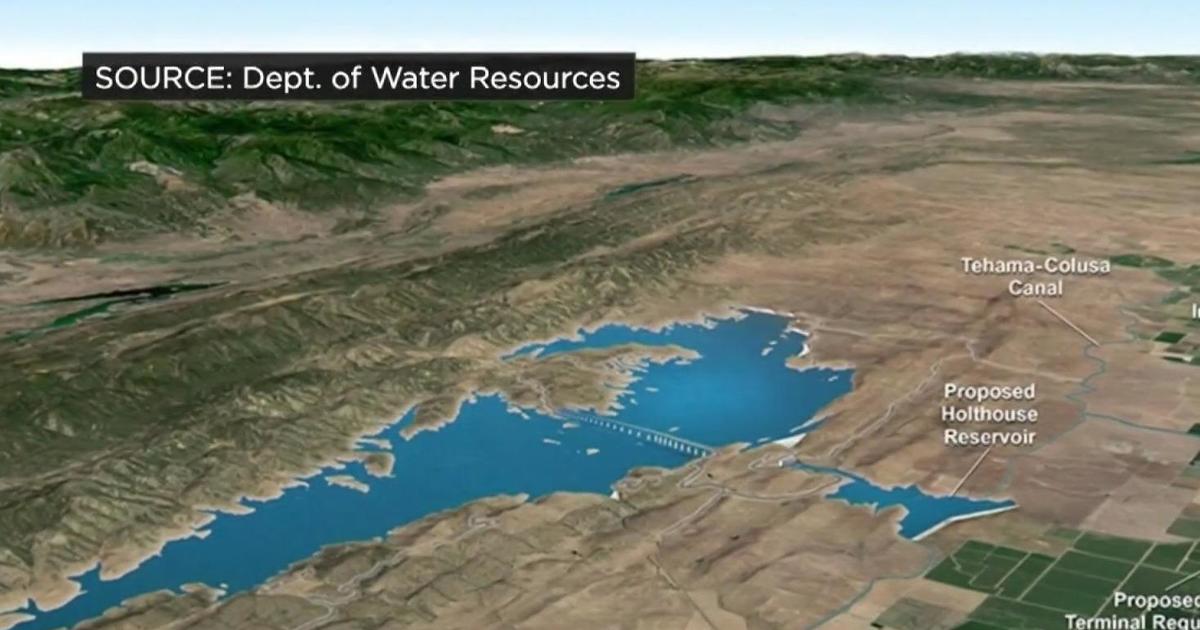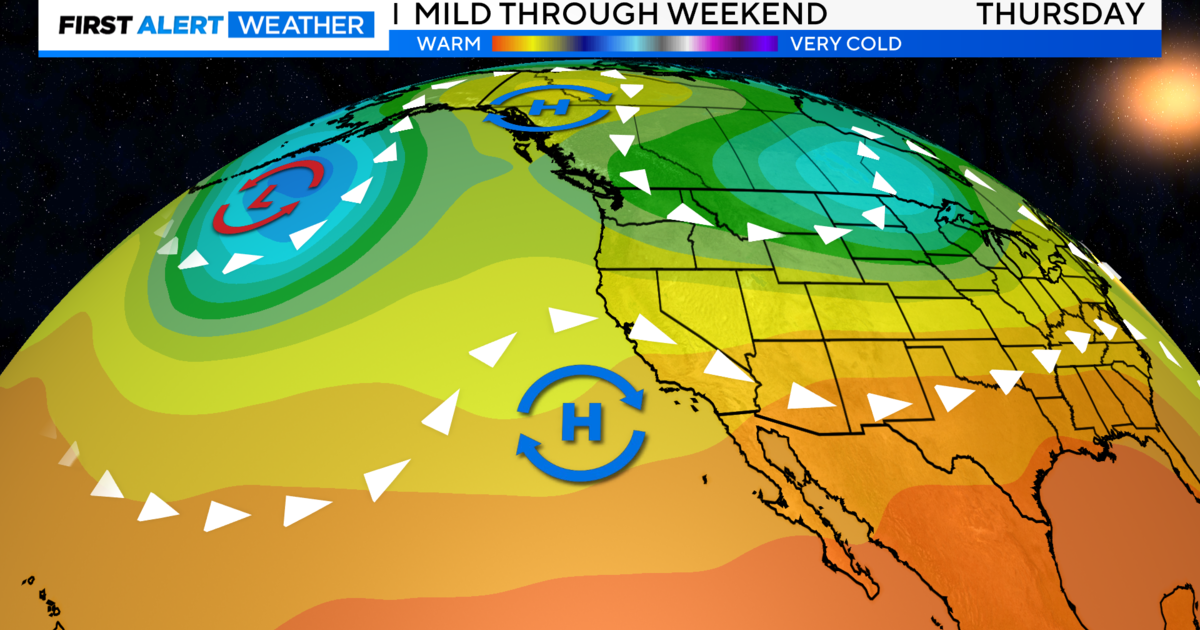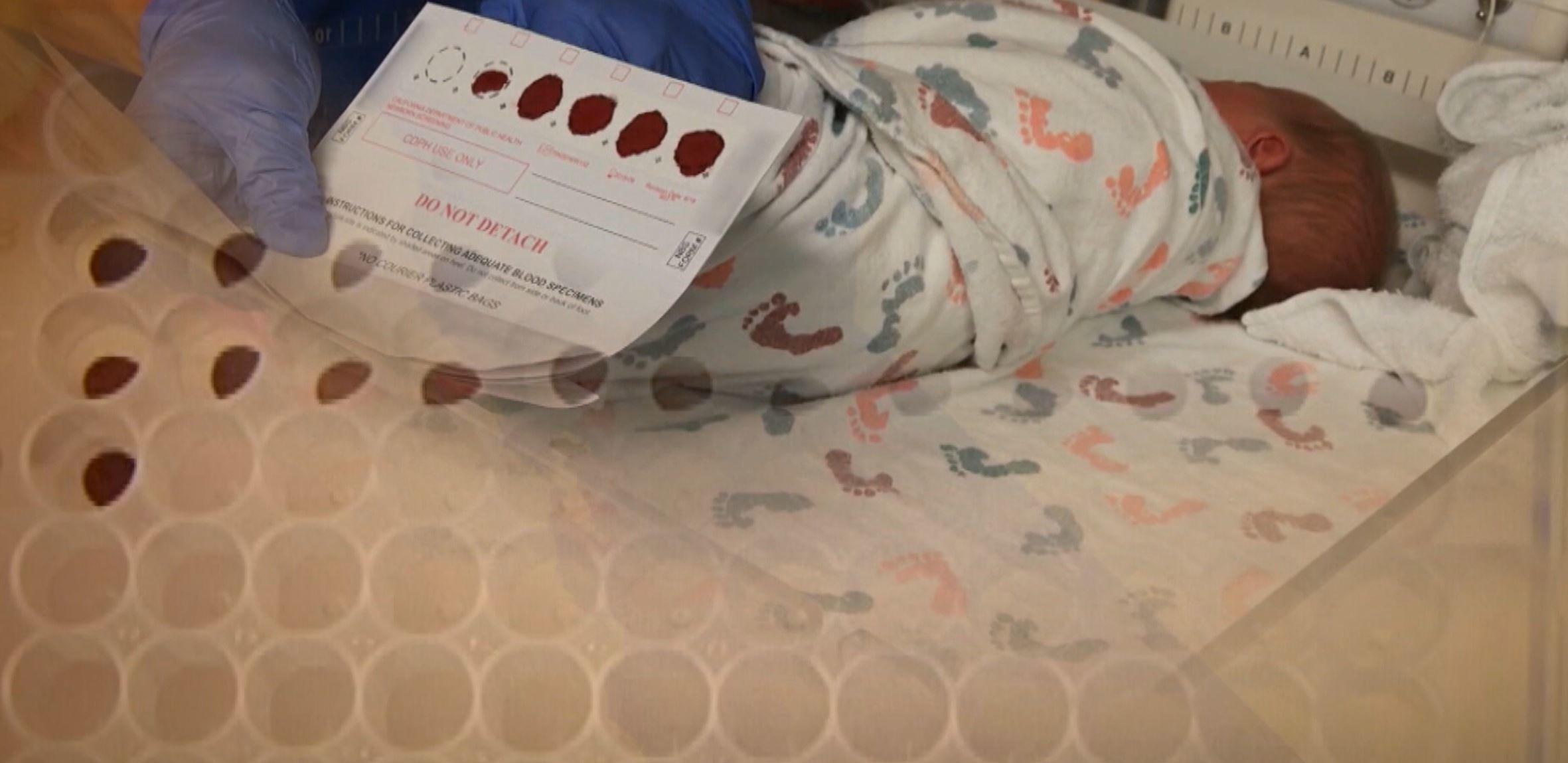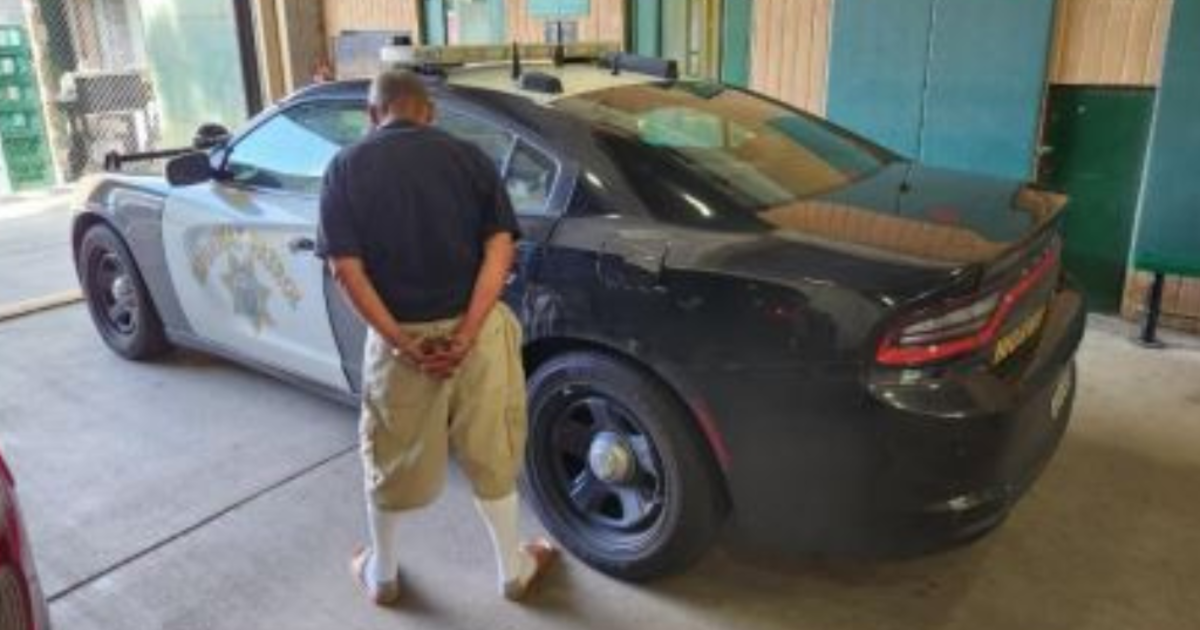Calif. Lawmakers Close $9.6 Billion Budget Deficit
SACRAMENTO, Calif. (AP) -- Exercising their new majority-vote authority, California Democrats on Tuesday closed the remainder of what had been a gaping budget deficit by relying on a combination of deep spending cuts, optimistic revenue projections and new fees that are sure to be challenged in court.
The Legislature sent a nearly $86 billion spending plan for the fiscal year that begins Friday to Gov. Jerry Brown. He was certain to sign it because he struck a compromise with fellow Democrats days earlier, after failing to get Republican support for tax increases.
The package closed the remaining $9.6 billion deficit of what had been a $26.6 billion shortfall at the beginning of the year.
Both parties were displeased at the final package, which was passed entirely with Democratic votes.
Republicans criticized the projections of greater-than-expected tax revenue and questioned the legality of new fees. Democrats were angry about having to make deep cuts to higher education, welfare, social service programs, state parks and other core state services.
"This plan is best described as making the best out of a bad situation," said Assemblyman Bob Blumenfield, D-Sherman Oaks, chairman of the Assembly Budget Committee.
The budget passed the Assembly first on a 51-25 vote and then got the bare majority needed in the Senate even with four Democrats voting no: 21 votes.
The Legislature acted with unusual haste to pass a budget before the start of the fiscal year on July 1. An initiative passed by voters last fall allows Democrats to pass a budget with a simple majority vote but also halts lawmakers' pay if they miss their June 15 constitutional deadline to pass a balanced budget.
Democrats had passed a budget by the deadline, but Brown vetoed it and the state controller determined it was not balanced. Most years, without having to face any consequences, lawmakers have allowed the budget to slide weeks or months beyond the start of the fiscal year, leading to IOUs for state contractors and creating financial chaos as the state sought bond money to cover expenses.
Increasing taxes still requires a two-thirds majority vote in the Legislature, and, therefore, at least some support from Republican lawmakers. Unable to get that support, Democrats and Brown relied on a grab bag of options to craft a general-fund spending plan that represents a dramatic drop from pre-recession levels.
Total general funding spending was $103 billion in 2007.
The budget package passed Tuesday included bills that will raise fees, fund a prison realignment and restructure the state's 400 redevelopment agencies so more tax money will flow to schools. If the projected higher tax revenue fails to materialize, the budget plan calls for immediate cuts to schools, higher education and social services.
Democratic lawmakers and the governor had hoped to extend temporary increases passed two years ago to the state sales, personal income and vehicle taxes. Brown wanted the Legislature to call a special election so voters could decide the question, but he could not persuade any Republicans to support it.
The increases to the sales and vehicle taxes will expire Thursday, while the increase to the personal income tax rate expired in January. In all, the state Department of Finance estimated the end of the temporary tax increases will save the average Californian about $260 a year.
Republicans had wanted reforms to the public pension system, a state spending cap and an overhaul of state business regulations in exchange for authorizing a special election, but in the end could not close a deal with the governor. On Tuesday, they criticized the Democratic budget plan, especially its reliance on the assumption that general tax revenue will rise $4 billion more than expected in the coming fiscal year.
Several Republicans said the assumptions of greater-than-expected revenue undermined the Democrats' pleas for a continuation of the higher sales, vehicle and income taxes. In addition to the $4 billion projected in the latest budget plan, Brown assumed $6.6 billion in higher revenue in the proposal he submitted last month.
"If we now have the revenues that we needed at the beginning of the year, why is it we keep going back to the voters asking for more?" said Sen. Bob Huff, R-Diamond Bar, vice chairman of the Senate Budget Committee.
Republicans also criticized the budget's lack of long-term reforms, saying it does nothing to address California's chronic imbalance between the amount of tax money coming in and its annual spending obligations.
"This is a hope-without-change budget," said Senate Minority Leader Bob Dutton, R-Rancho Cucamonga. "It relies on hope for billions of dollars and does nothing, absolutely nothing, to change government as usual."
If the revenue projections fall short, it will trigger up to $2.5 billion in additional spending cuts to schools and other programs in the middle of the fiscal year. That would include authorizing school districts to shorten the school year by seven days, increasing community college fees, cutting $100 million more from in-home support services and slashing $250 million from school bus transportation.
It also would mean additional cuts to the University of California and California State University systems. Once a model for the nation, the state's four-year systems of higher education already face $1.3 billion in cuts for the coming fiscal year.
"We know that higher education and universities and colleges get further and further out of reach because tuition keeps going up," said Sen. Mark Leno, D-San Francisco, chairman of the Senate budget committee. "We are disinvesting in our higher education system, the very education system that made this the eighth largest economy in the world."
State court operations will be cut a total of $350 million in the coming year. Earlier in the year, Democrats cut billions of dollars from welfare, in-home support services and Medi-Cal programs.
The budget also provides additional revenue. It includes a $12 increase in the annual vehicle registration fee to pay for Department of Motor Vehicles services and a $150 annual fee on property owners in rural areas that depend on the California Department of Forestry and Fire Protection for wildfire protection. The wildfire fee is expected to raise $50 million in the new fiscal year.
Republicans and anti-tax advocates questioned the Legislature's ability to impose fees without meeting the two-thirds legislative vote threshold for tax increases.
While Brown was unable to get the special election to ask for a renewal of the expiring tax increases, he has pledged to continue to fight for more revenue next year through a ballot initiative.
The governor proposed a nearly $89 billion budget in May. The drop in spending since then reflects reduced state obligations after transferring some responsibilities to local governments. Foremost among those is the transfer of about 40,000 low-level offenders from state prisons to county jails.
The switch will help California meet a federal court mandate to reduce its prison population. It will be funded primarily by converting part of the state sales tax to a local sales tax.
(Copyright 2011 by The Associated Press. All Rights Reserved.)



